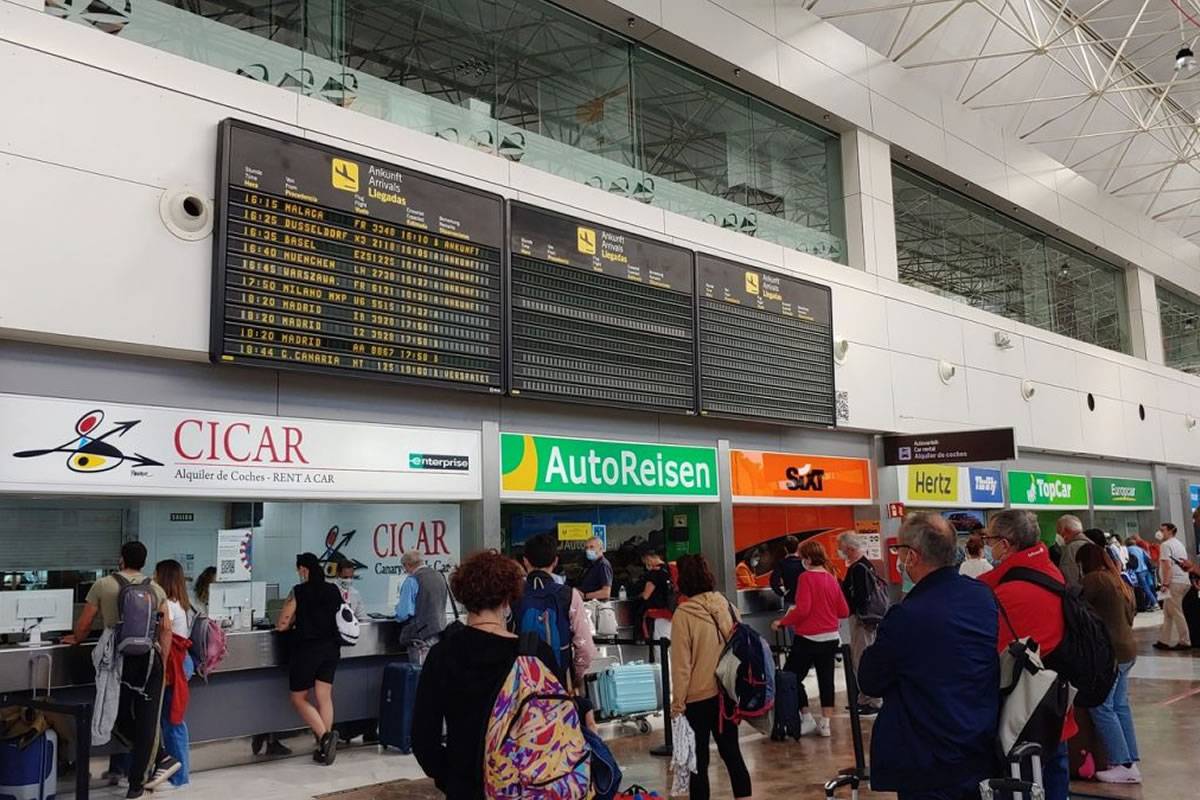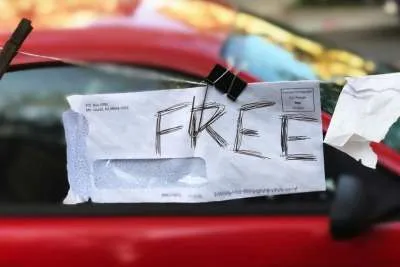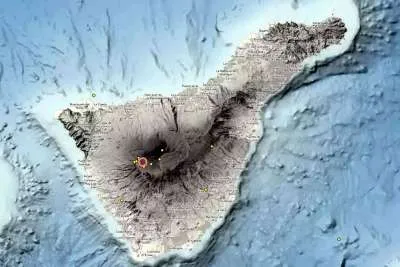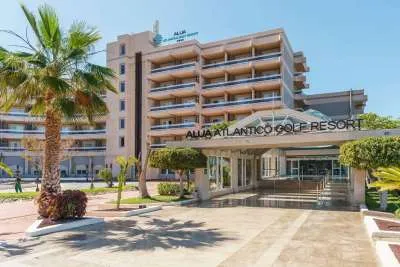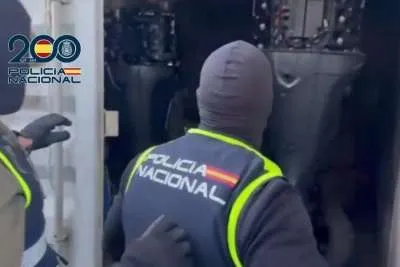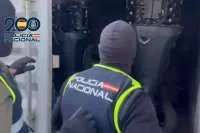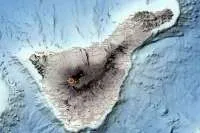Rent a car companies say they have no cars available for Easter
- 13-04-2022
- Business
- Canarian Weekly
The massive influx of holidaymakers for Easter, and occupancy of tourist accommodation close to 90% and even higher in some areas, has led to 'rent a car' companies in the Canary Islands declaring they no longer have cars available for the bank holiday weekend.
Until yesterday there was still some availability, but as of today tourists arriving on the islands without a reservation are going to find it “extremely difficult” to find a rental car, according to Roberto Dávila, the CEO of Avis and general secretary of AECAV (the Association of Canary Car Rental Companies).
Lanzarote and Fuerteventura were the first ones to hang the "no availability" sign because companies haven’t moved cars from island to island like in previous years, due to the high cost of maritime transport.
Dávila explained that taking a car from one island to another to cover a peak in demand can cost 300 euros, which is twice as much as this time last year.
During the pandemic, companies reduced their fleets, but AECAV says that the nearly 300 rent a car companies that operate in the islands have made a great effort in recent months to increase them again to meet the growing demand for tourism after the sixth wave of the pandemic.
The number of 'rent a cars' in the islands has increased by 40% in the last few months, with almost 50,000 on fleets now compared to 35,000 at the end of last year, and the 22,000 units that remained in fleets after companies were forced to off-load vehicles when Covid broke out, representing an increase of 127%.
“Easter has been the awakening of the tourism sector in the Canary Islands. We expected good figures, but not this good," says Dávila, who assures that rental companies have done everything possible to increase their fleets, but the situation remains difficult as cars are just not available from manufacturers.
"Before the conflict in Ukraine, the situation was already complicated by the lack of components that was delaying the manufacture of vehicles, but with the war everything has intensified". As he points out, “companies are buying whatever they can and whatever is out there. It's like candy at the door of a school, we all want it and we’re fighting for it.”
Despite the increase of 127% in the number of cars available from rental companies, there is still a long way to go to reach the optimal levels in the islands to meet demand. According to Dávil, it would be necessary for the number of 'rent a car' vehicles to increase from the current 50,000 to 65,000 meaning the 'gap' between supply and demand will be 30% at peak times.
This means that for this summer if the current tourist forecasts are met, a "real problem" with rental cars is expected. In fact, 'rent a car' companies are advising tour operators that their clients come with advance reservations, “because if they don’t they will find that they won't have a car," says Dávila.
Rental prices have risen in the Canary Islands and won’t fall:
The gap between supply and demand has also caused rental prices to go up. This Easter, they are 20% above the same period in 2019, although they are below those of last Christmas.
According to Dávila, the price increase is here to stay due to the general increase in operating costs as cars are 13% more to buy than a year ago.
“Renting a car in the Canary Islands for 200-220 euros a week is a reasonable price, and this average price is here to stay, although it will go up at specific times of the year,” he said, assuring that the days of prices of 125-135 euros a week before Covid are gone.


